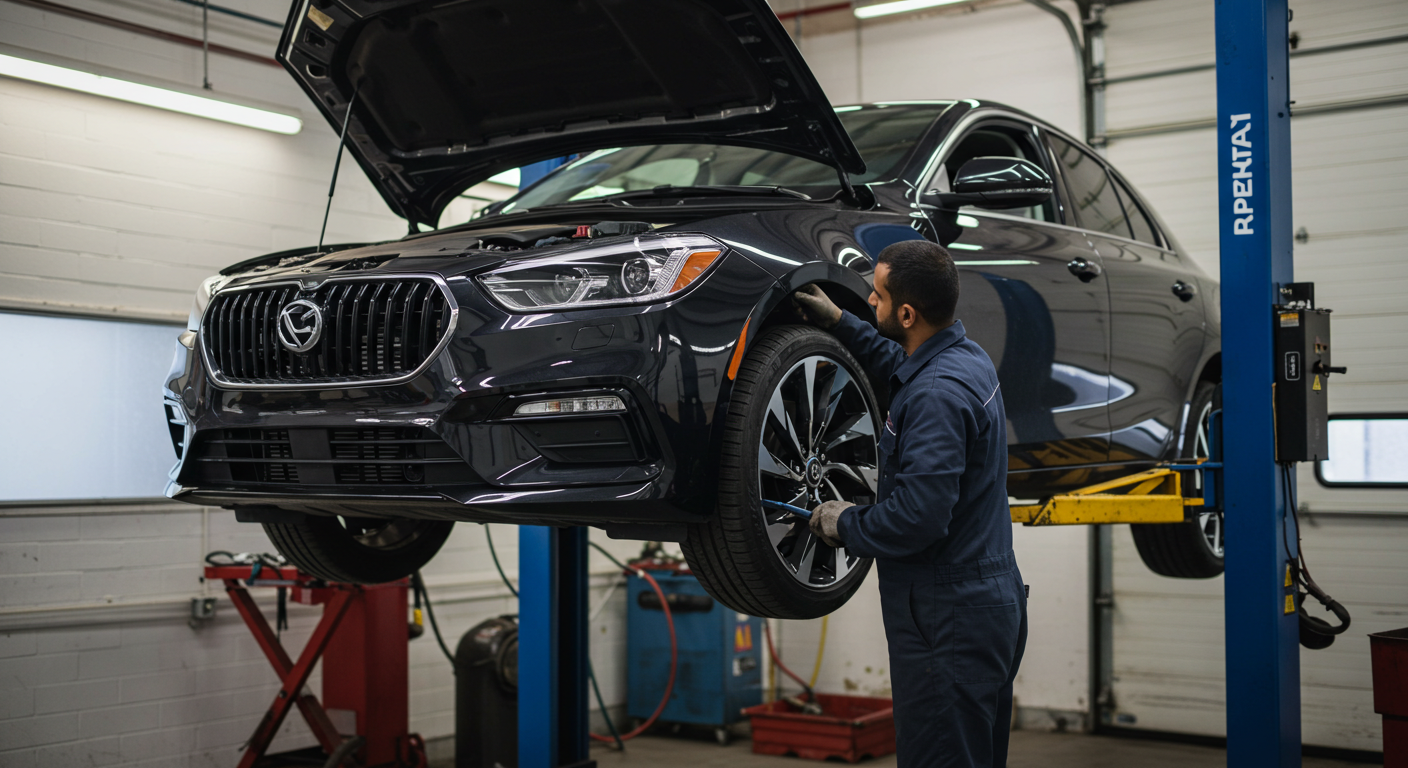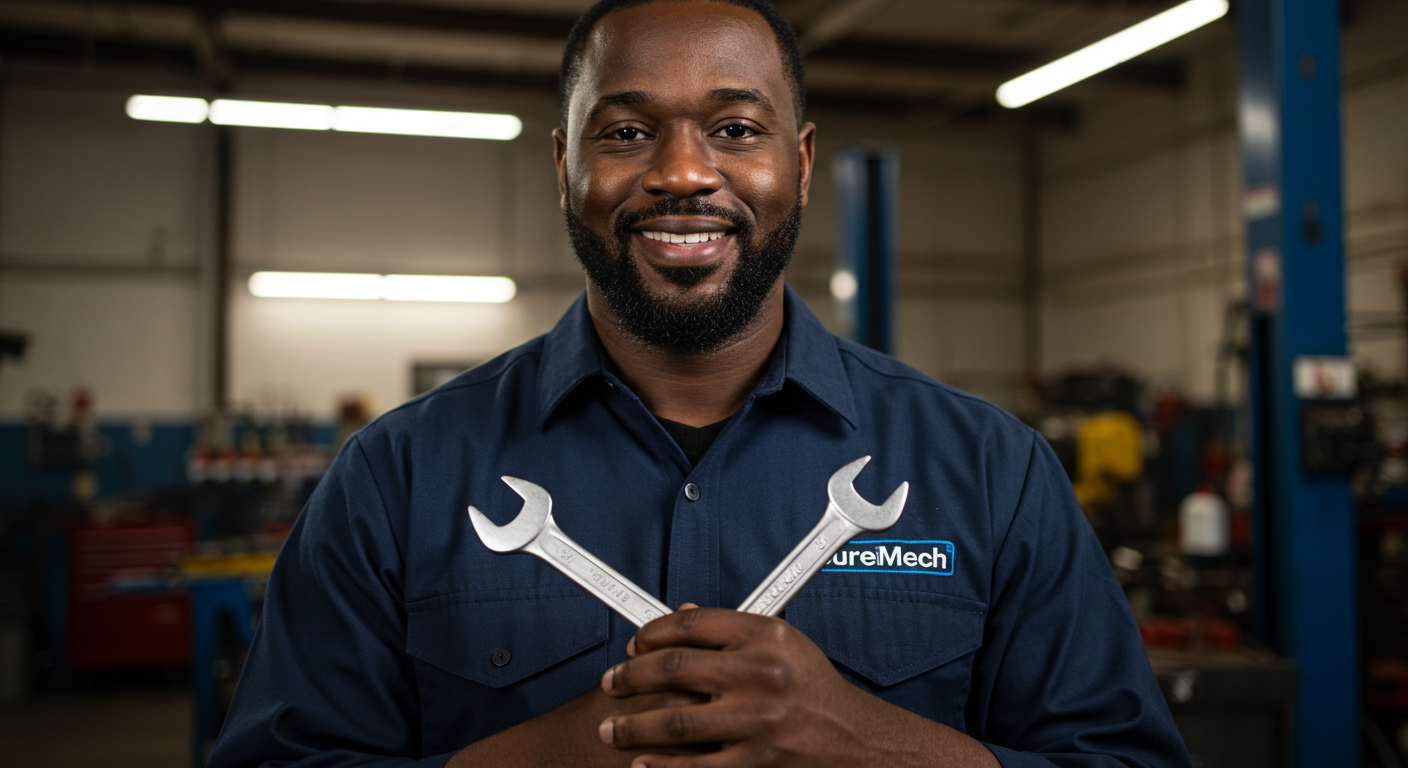In Nigeria today, the rising cost of vehicles—both new and tokunbo (foreign used)—is making many car owners question whether they should keep repairing their cars or just move on to a new one. From the infamous Lagos traffic to bad roads and inflated spare parts, it’s no surprise that cars wear out faster than expected. But the big question remains: Should you keep fixing it or finally let it go?
In this guide, we break down how to make the smartest, most financially sound decision between car repair and car replacement especially in Nigeria’s economic context.
When Repairing Your Car is the Smarter Option
Let’s face it, not every fault means your car has reached its end. In many cases, repairing your car is still the best route to go.
1. The Repair Costs Less Than the Car’s Value
If the total cost of repair is significantly less than the resale value of your car, then fixing it makes sense. For example, if your car is worth ₦3.5 million and the needed repair is ₦250,000, you're better off fixing it than jumping into the ₦7M+ market for a new ride.
2. The Problem is Isolated
Cars with one major issue—say a failed fuel pump or dead alternator—can still be dependable long-term once repaired. An isolated fault is not a reason to buy a new car.
3. Parts Are Easily Available
Some vehicles, especially Toyota, Honda, and Lexus models, have abundant spare parts in Nigeria. This reduces cost and turnaround time.
4. Sentimental Value or Custom Modifications
Maybe it's your first car or a heavily customized ride. Sentimental and functional value can make repair more appealing than starting over.
5. Regular Maintenance History
If your car has been properly maintained, it may just need a few key fixes to keep running smoothly for years.
When You Should Seriously Consider Replacing Your Car

On the flip side, there are times when car repair becomes a money pit, and you're better off cutting your losses.
1. Frequent Breakdowns
If your car is spending more time at the mechanic's than on the road, you’re bleeding time and money. This is especially true for ride-hailing drivers or business owners who depend on mobility.
2. Safety Is Compromised
Steering issues, worn-out brakes, or faulty airbags are more than a financial concern:they’re a safety hazard. In this case, replacement might save your life.
3. The Repairs Cost More Than the Car’s Value
If your mechanic quotes ₦800,000 to fix a car worth ₦650,000, you’re pouring money into a losing asset.
4. Poor Fuel Economy
Older engines tend to consume more fuel. If you’re spending over ₦100k/month on petrol, that’s a red flag.
5. It's Affecting Your Lifestyle or Business
If your car’s unreliable nature is making you late for meetings, cancel school runs, or lose Bolt customers, it’s time to upgrade.
5 Key Questions to Ask Before Making Your Decision
Can I afford the repair without borrowing?
Will this fix last long-term or is it temporary?
Is my car still under any warranty or insurance?
Is there a market for my current car if I want to sell?
Can I access reliable mechanics to do it right the first time?
How SureMech Helps You Decide Smarter

At SureMech, we know how confusing and emotional car decisions can be. That’s why we provide:
Transparent diagnostics from verified, professional mechanics
Real-time price estimates before you approve a repair
Access to multiple expert opinions, so you're never stuck with one costly option
On-site inspections if you’re thinking of buying a new car
Repair or Replace? Let the Numbers Decide
There’s no one-size-fits-all answer but there’s a smart one. If the cost of fixing your car is manageable, the issues are isolated, and the car still fits your needs repairing makes sense. But if it’s unreliable, dangerous, and a financial sinkhole, it’s time to move on.
Need help making the call? Book a free vehicle diagnosis with SureMech today.